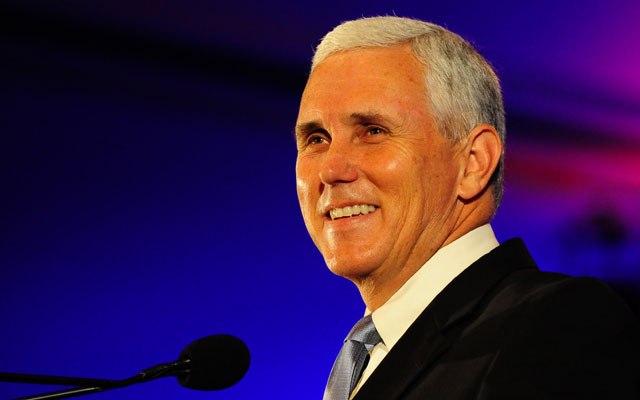It’s hard to overstate what an outstanding victory for school choice Indiana’s Supreme Court issued yesterday.
Indiana’s highest court ruled unanimously in Meredith v. Pence that the Choice Scholarship Program (CSP), which provides vouchers to low-income and middle-income families in the Hoosier State, is constitutional. The suit, brought by the teachers unions, sought to end the country’s largest and most inclusive school voucher program.
Thankfully for the families currently participating in the CSP—and for the 600,000 children who are now eligible to receive scholarships to attend a private school that meets their unique learning needs—the court sided 5–0 with educational freedom. As the Institute for Justice’s Bert Gall notes that
the unions’ legal claims focused on two types of constitutional provisions that are common in most other state constitutions: 1) provisions requiring that states provide a “general and uniform” system of public education; and 2) provisions forbidding state support of religion.
With regard to requiring a uniform system of public education, Gall goes on to write that the court “showed that the duty to provide a ‘general and uniform’ system of public schools is not violated when a state provides educational options above and beyond the system.”
As for the provision prohibiting state support of religion, the court noted that
any benefit to program-eligible schools, religious or non-religious, derives from the private, independent choice of the parents of program-eligible students, not the decree of the state, and is thus ancillary and incidental to the benefit conferred on these families.
The Indiana ruling not only ends the challenge to the voucher program in the state, it is also an important victory for school choice and, as Gall put it, “solidifie[s] the growing body of case law supporting school choice and expose[s] the flaws in the teachers’ unions’ favorite legal claims.”
Robert Enlow, president of the Friedman Foundation for Educational Choice, noted at the time of the court decision:
With this announcement, Indiana should move immediately to make this opportunity available to more families, and other states should look at this victory and see that the education establishment’s ability to obstruct families’ freedom to choose is waning.
Milton Friedman, the father of the school choice movement, is certainly smiling down on this latest seal of approval for his vision of educational freedom and customization.
The court’s declaration that the CSP reflects “the private, independent choice of the parents” perfectly encapsulates the concept of school choice. It builds on the notion that public education doesn’t have to mean government-run schools. School choice is about funding children, not institutions, and allowing children to take their share of funding to an educational environment that meets their unique learning needs.
Indiana has sent a powerful message on school choice to states across the country, and has ensured hundreds of thousands of children across the state will have access to schools that they have chosen and that meet their needs. In the event other challenges arise in other states, this ruling may have ensured millions of children can experience school choice.






























